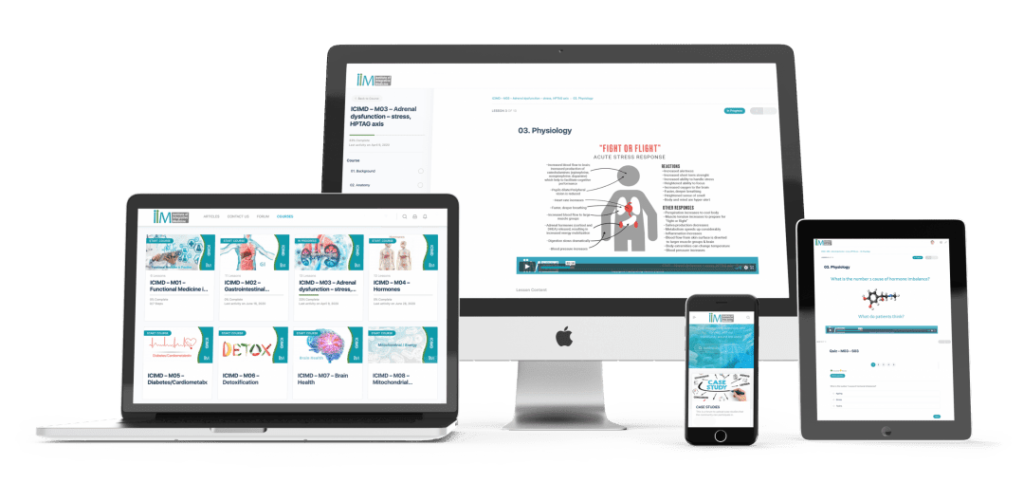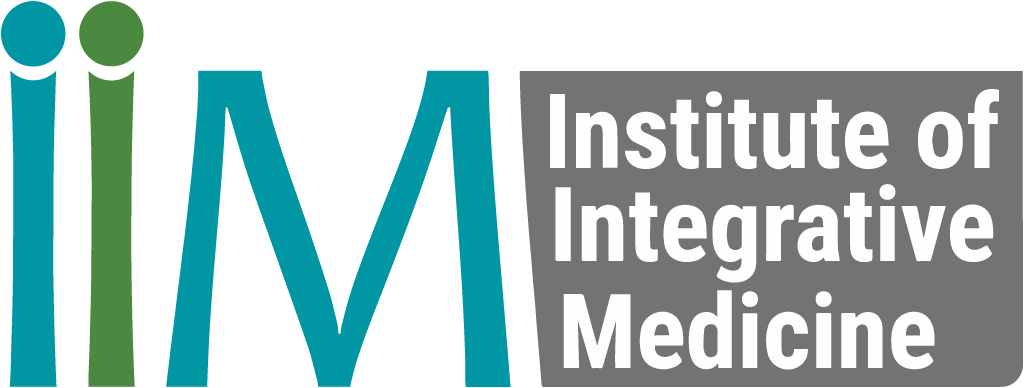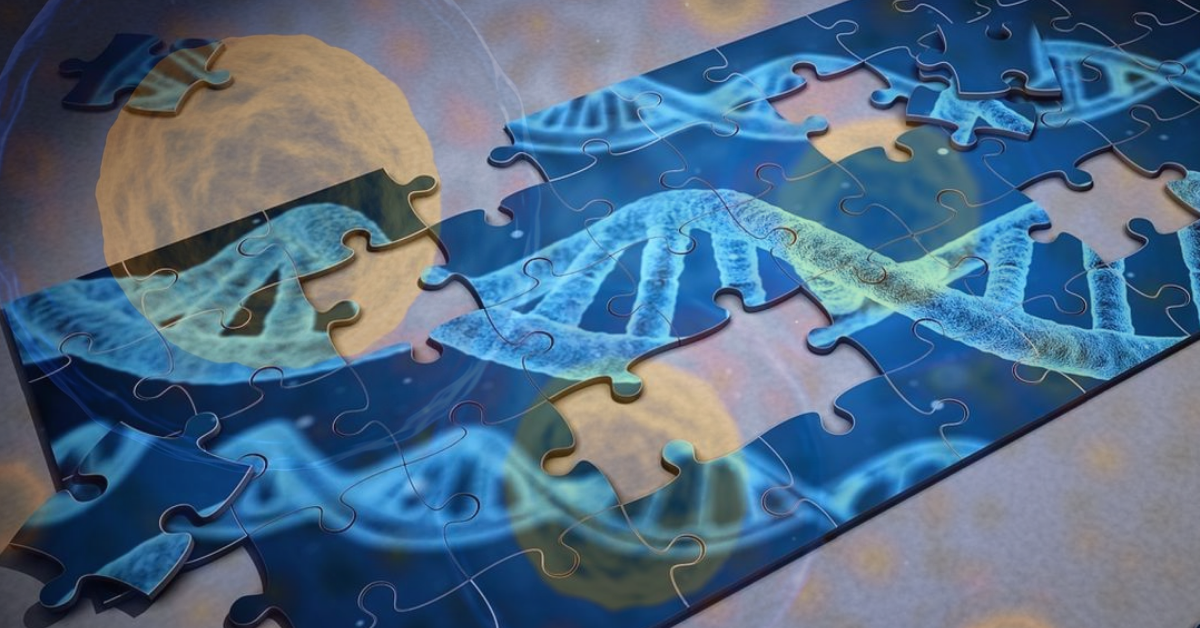Epigenetic influence on health and wellbeing
A variety of clinical studies and trials have been carried out by scientists in the pursuit of genetic understanding. The epigenome offers a greater understanding of how our environment and behavioural habits can influence the changes in chemical tags and the binding of DNA. As this understanding grows, we move closer to effective solutions for treatment and prevention protocols for chronic disease.
Genetic testing and gene research has birthed a new era of understanding for the medical community. The age-old question of nature vs nurture has reached a turning point. Scientists no longer ask if it is one or the other, but rather how much of both influence our health? The answer to this lies in the spheres of epigenetics.
Epigenetics is the study of how our behaviours and environments influence the way our genes function. Scientists and health professionals have analysed how DNA interacts with smaller molecules found in cells, which can activate and deactivate genes. Particular interest has been sparked in epigenetics and the development of children.
How does epigenetics work?
Genes are read when they are transcribed into RNA. RNA is then translated into proteins through structures called ribosomes. This is the process of gene expression.
Epigenetic changes happen within this process. These proteins determine the characteristics and functions of the designated cell. DNA or the histone proteins it’s wrapped around get labelled with small chemical tags. These tags form part of the epigenome which is the collection of all epigenetic markers within the genome. Epigenetic changes can both interfere and boost the transcription of certain genes.
Interference of genomes
Some of the chemical tags that are attached can inhibit gene expression, such as Methyl groups. They can affect the expression in one of two ways:
- Disturbing the cellular transcription
- Cause DNA to wrap around histone proteins more tightly, resulting in gene silencing.
Boosting of genomes
This process is the opposite of interference, and can benefit the genome. Some chemical tags will unwind DNA, making transcription more effective, and thus boosting the protein production.
Cells and Epigenetics
Epigenetics can survive cell division, and can affect an individual for their entire life. When a cell splits, some genes are activated and some, deactivated. There are 200 different types of cells (liver cells, heart cells, etc), and all have the same genome. This being said, they all have their own unique epigenome. The epigenomic chemical tags can activate and deactivate certain genes, and can be influenced by an individual’s environment. These environmental factors include; diet, chemical exposure and medication. Our behavioural patterns have a huge role to play in our exposure to these factors.
Chemical changes are the result of these environmental factors, and can lead to disease. For example, if the gene that inhibits tumour-suppressing proteins is turned “off”, the individual’s risk of developing a tumour is higher. Scientific studies also suggest that these epigenetic changes can be inherited and passed down to our children.
Summary
A variety of clinical studies and trials have been carried out by scientists in the pursuit of genetic understanding. From what we have gathered so far, our genes are vital in the analysis of chronic disease. The epigenome offers a greater understanding of this, and how our environment and behavioural habits can influence the changes in chemical tags and the binding of DNA. Medical and scientific specialists continue to explore the relationship between the genome and the chemical compounds that influence it. As this understanding grows, we move closer to effective solutions for treatment and prevention protocols for chronic disease.
How do I Become a Functional Medicine Practitioner to learn more about Epigenetics?

The Institute of Integrative Medicine is a global leader in the field of Integrative Medicine Education. Integrative medicine aims to be at the forefront of modern technology and new discoveries. The field of epigenetics is rapidly growing, and with that comes a variety of different treatment options. We offer certified online courses helping you to take charge of your practice and improve the quality of life for your patients. Find out more about the courses we offer today!

